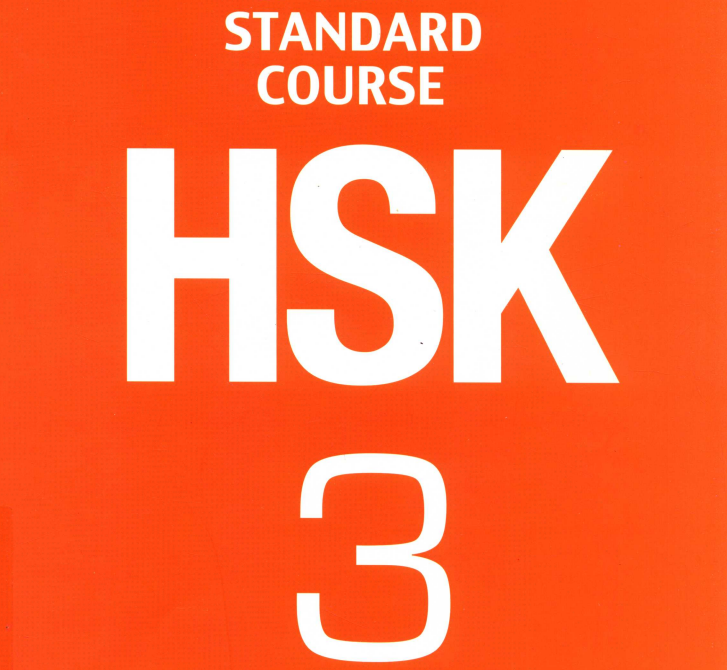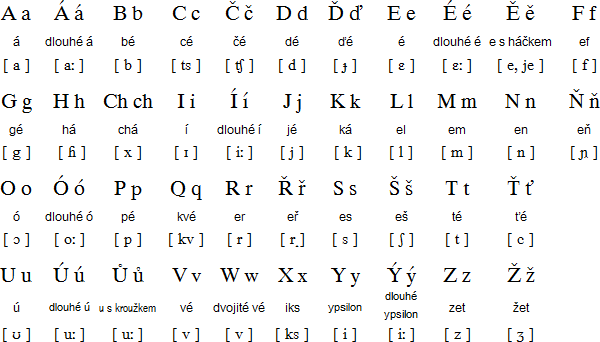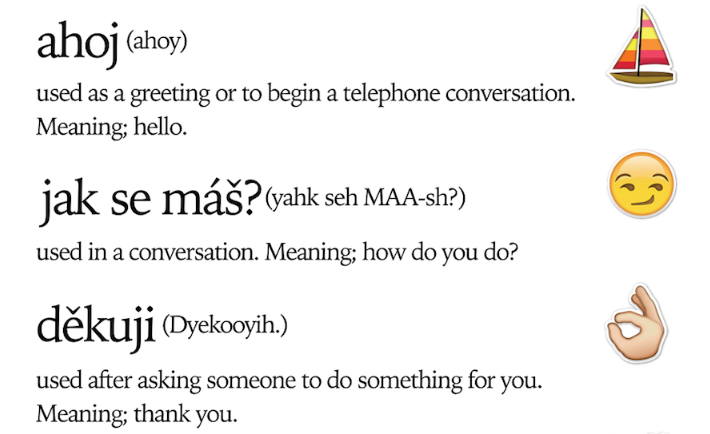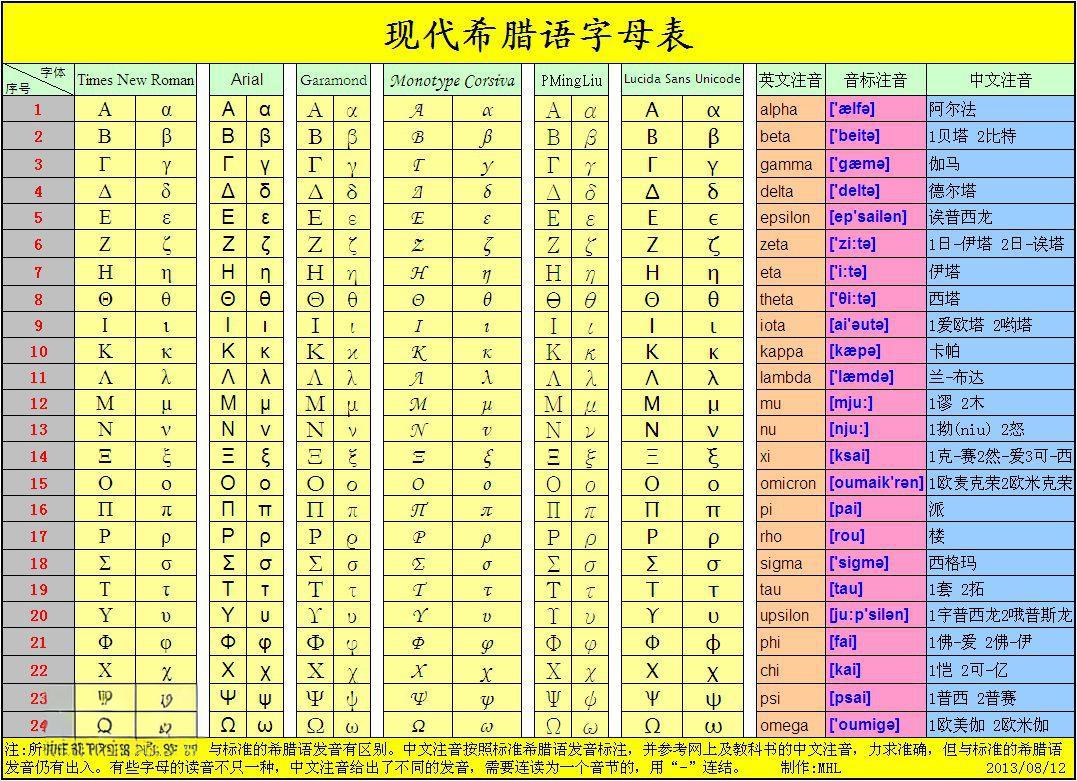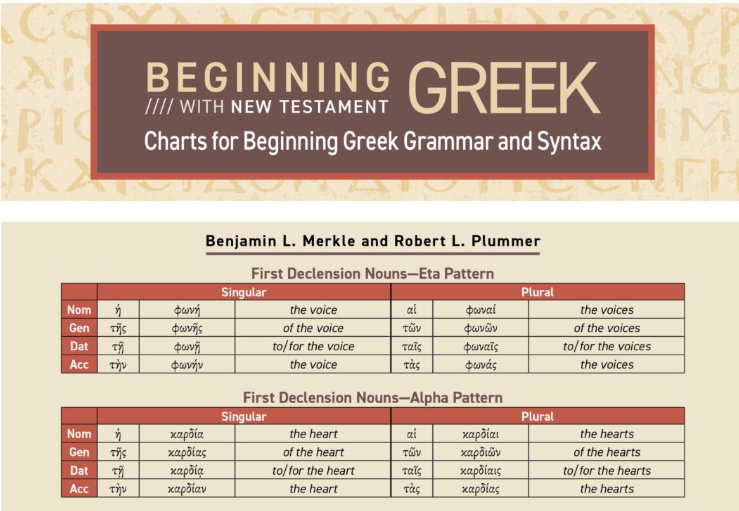Breaking Through the Barriers
Publisher:ekeneattoh


2025-05-12
| Newest Reply:None
206 0 0
English grammar is a complex and often intimidating aspect of language learning. Many learners find themselves grappling with understanding grammar rules and applying them correctly in both written and spoken English.
One of the major difficulties is the sheer number of grammar rules and their exceptions. English grammar encompasses a wide range of areas, including tenses, clauses, verb forms, and sentence structures. For example, the English tense system, with its 12 different tenses, is extremely intricate. The present perfect tense, used to describe actions that started in the past and have a connection to the present (e.g., "I have lived here for five years"), is often confused with the simple past tense (e.g., "I lived there last year"). Understanding when to use each tense requires not only memorizing the rules but also grasping the subtle differences in meaning and context.
Another challenge is the application of grammar rules in real - world communication. Even if learners have a theoretical understanding of grammar, they may make mistakes when speaking or writing. This is because the process of constructing sentences in real - time requires quick recall and correct application of grammar rules. For instance, in complex sentences with multiple clauses, learners may struggle to ensure proper subject - verb agreement or to use relative pronouns correctly. A sentence like "The book, which I bought it yesterday, is very interesting" contains an incorrect use of the relative pronoun "which" as "it" is redundant.
The abstract nature of some grammar concepts also poses a problem. Concepts such as the subjunctive mood, used to express hypothetical situations (e.g., "If I were you, I would study harder"), are difficult to grasp as they deviate from the normal way of expressing reality. Learners may find it hard to understand when and why to use the subjunctive, leading to incorrect usage in their own expressions.
To overcome these grammar - related challenges, several approaches can be taken. First, a systematic study of grammar rules is necessary. Using grammar textbooks, online courses, or grammar apps can provide a structured way to learn the rules. However, learning rules alone is not enough; practice is crucial. Writing exercises, such as short essays or journal entries, can help learners apply grammar rules in a written context. By reviewing and correcting their own writing, or having it reviewed by others, learners can identify and correct their mistakes.
Listening and speaking activities also play an important role. Engaging in conversations with native speakers or language partners allows learners to hear correct grammar in use and practice using it themselves. Additionally, analyzing well - written English texts, such as classic literature or high - quality news articles, can provide examples of proper grammar usage and help learners internalize the rules.
In conclusion, while English grammar may seem like a formidable obstacle, with a combination of systematic study, consistent practice, and exposure to correct usage, learners can gradually master grammar and use it effectively to express themselves in English.
 |
|
 |
|
0
Like |
|
0
Store up |



